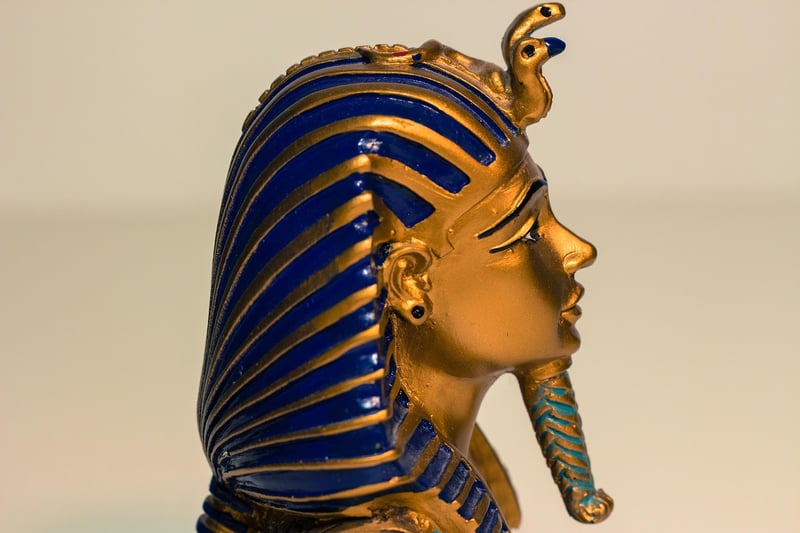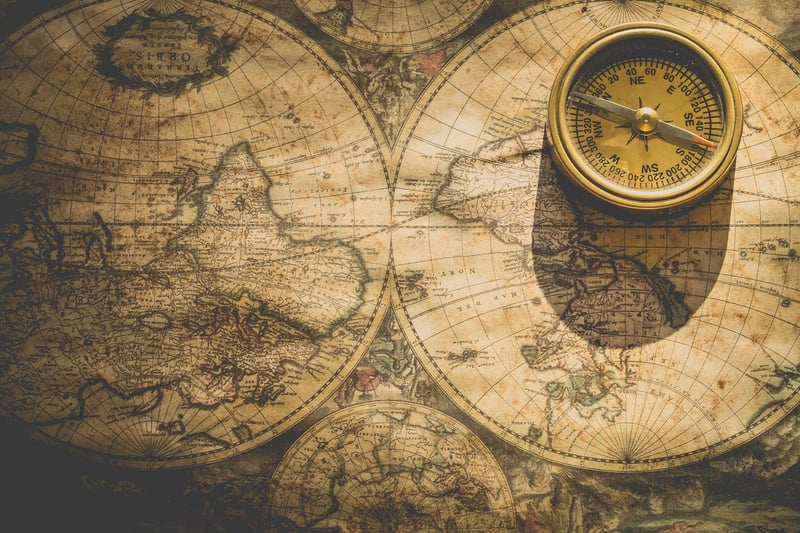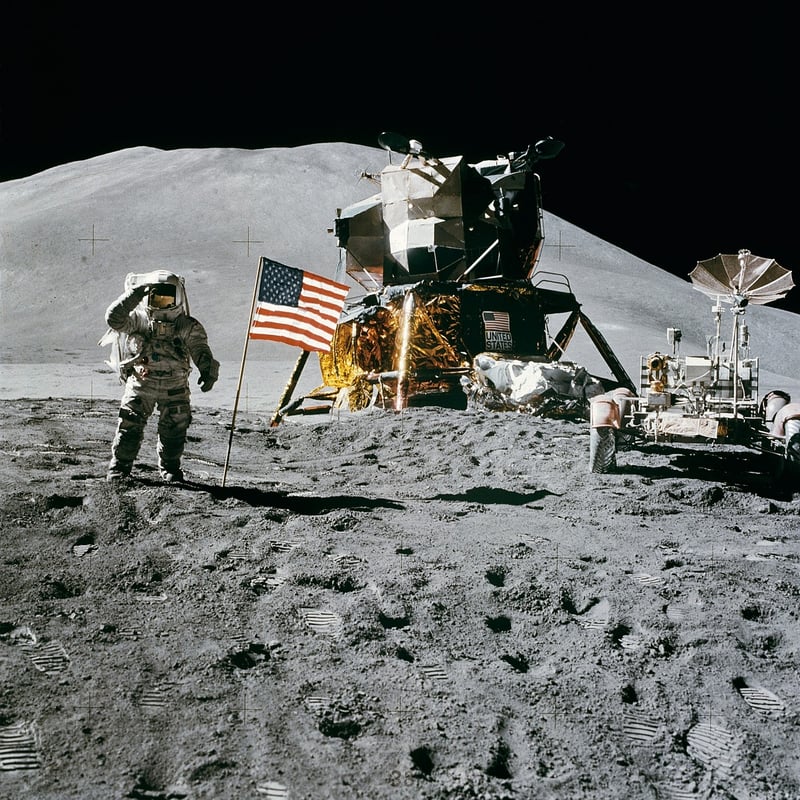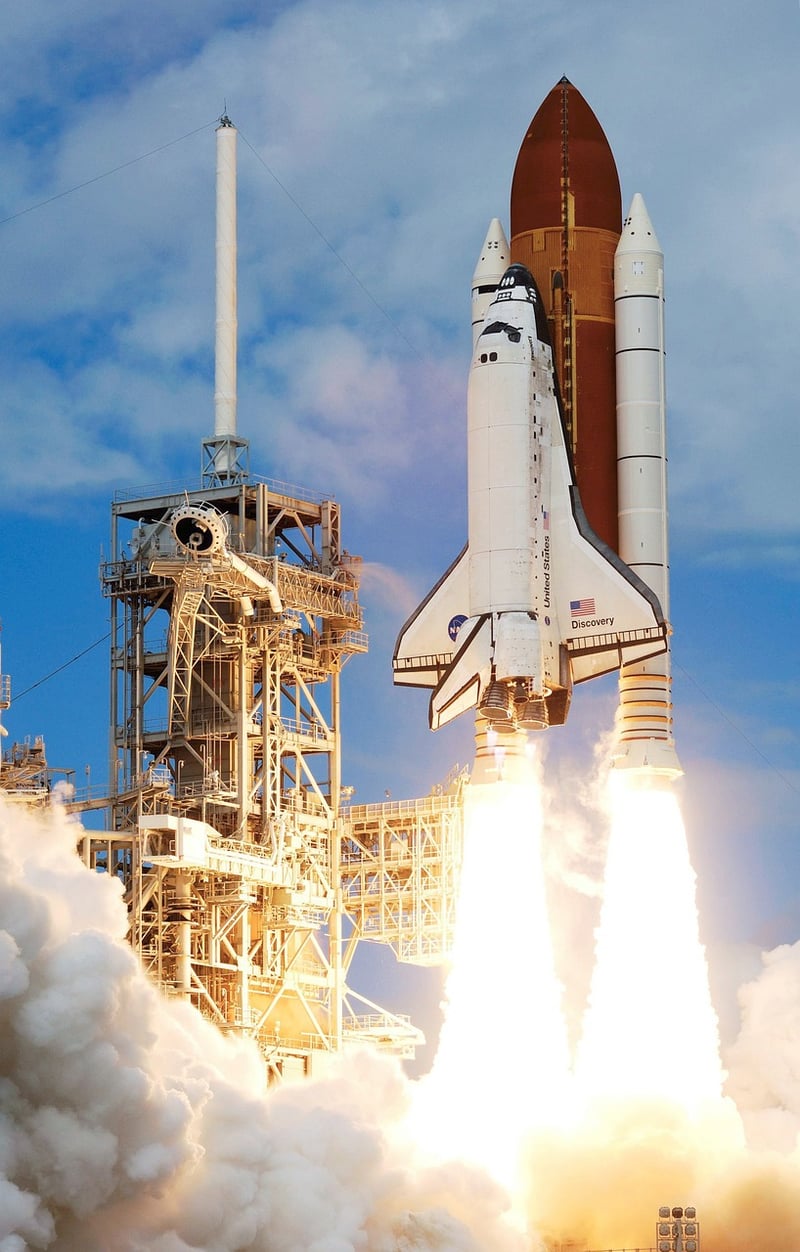Future Exploration
The Evolution of Exploration: From Ancient Times to the Future
Ancient Exploration
Ancient civilizations like the Egyptians, Phoenicians, and Greeks set sail on voyages to discover new lands, trade routes, and resources. These early explorers navigated using the stars and simple maps, expanding their knowledge of the world.

Age of Discovery
The Age of Discovery in the 15th to 17th centuries saw European explorers like Christopher Columbus, Vasco da Gama, and Ferdinand Magellan circumnavigate the globe, opening up trade routes and connecting distant lands.

Modern Exploration
In the modern era, explorers like Roald Amundsen, Neil Armstrong, and Jacques Cousteau pushed the boundaries of human exploration by reaching the North and South Poles, stepping on the moon, and diving to the depths of the ocean.

Future Exploration
The future of exploration lies in space exploration, deep-sea exploration, and cutting-edge technology. Organizations like NASA, SpaceX, and Ocean Exploration Trust are leading the way in discovering new frontiers and advancing human knowledge.

Key Takeaways:
- Ancient civilizations laid the foundation for exploration through early maritime voyages.
- The Age of Discovery connected the world through global exploration and trade.
- Modern explorers have ventured to the ends of the earth and beyond, breaking new ground in science and discovery.
- The future of exploration holds exciting possibilities in space, deep-sea, and technological advancements.
Embark on a journey through the history of exploration and imagine the possibilities that lie ahead as we continue to push the boundaries of human knowledge and discovery.
